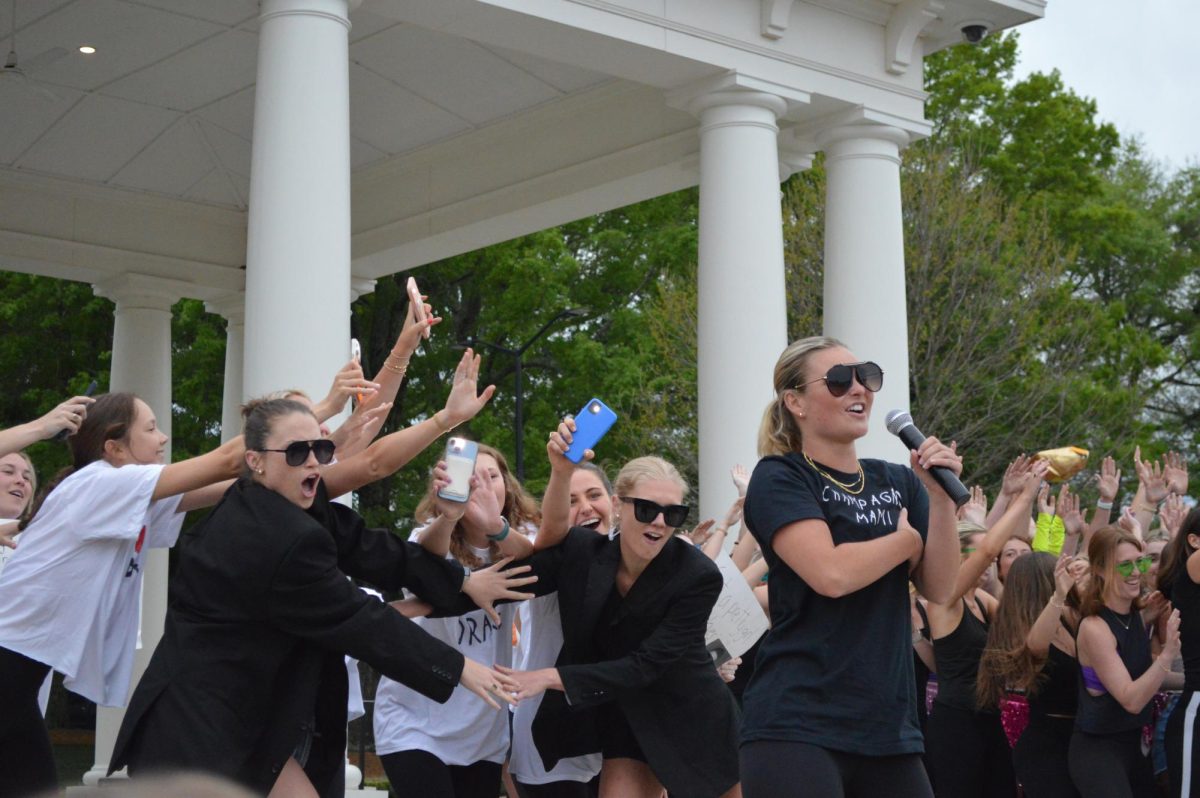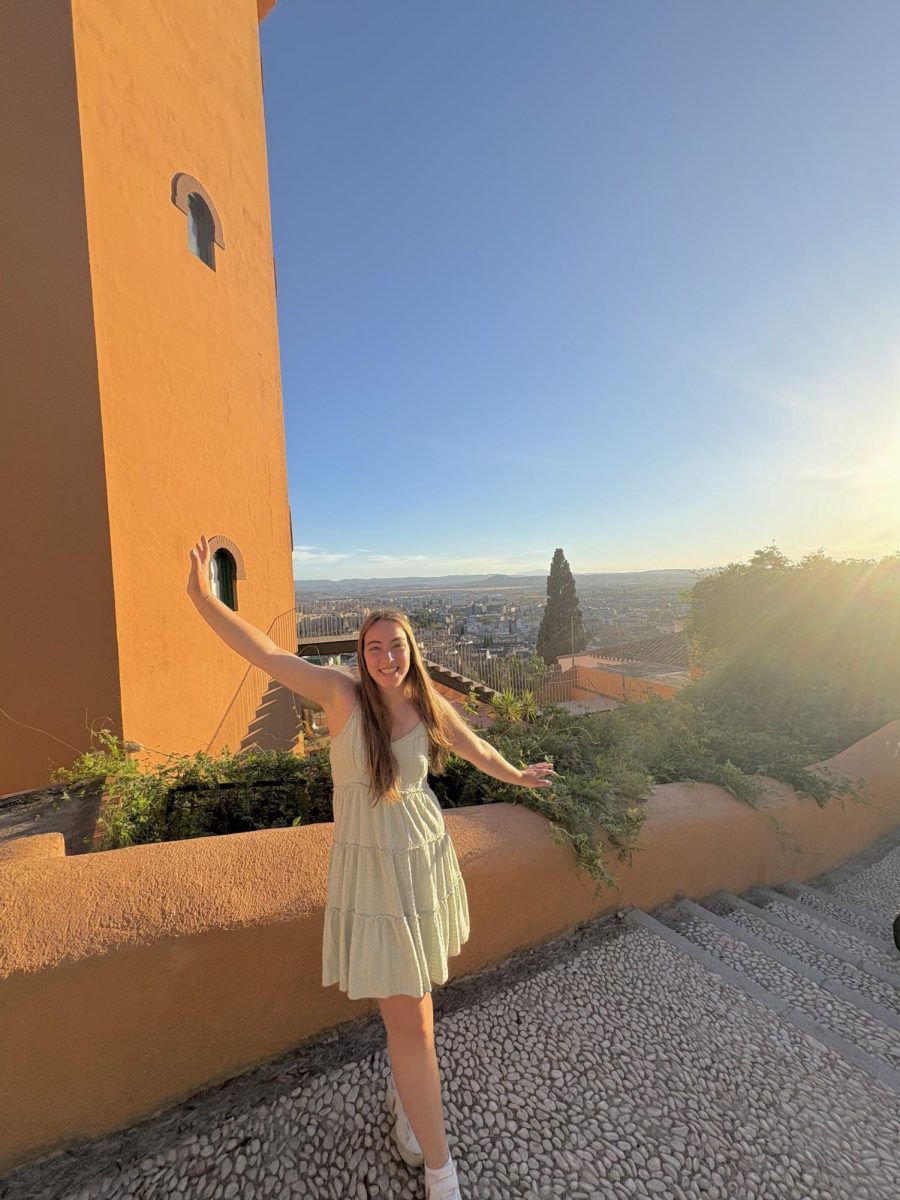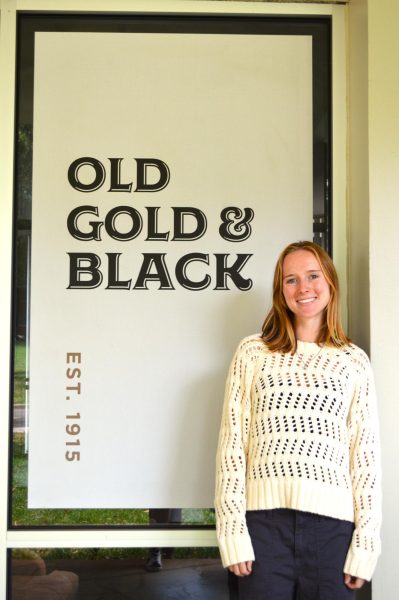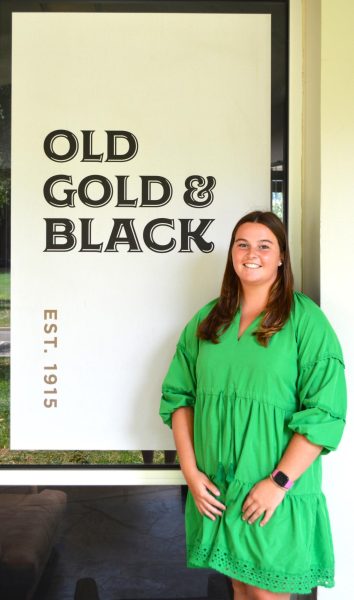Upon returning from spring break, Wofford’s Greek community immediately jumped into action for this year’s annual “Greek Week.”
While this event usually brings out an overwhelmingly prideful and competitive side of each Greek organization, this year’s Panhellenic and Inter-Fraternity council members appeared to have introduced several new and more collaborative attitudes as well as some changes to other beloved events.
For example, when the schedule for Greek Week was initially released, many observed that flag football had been replaced by “Family Feud.” This swap undoubtedly raised questions for those in the Greek community who had not been directly involved in this decision.
Emma Catherine “EC” McLean ‘24, vice president for programming and diversity and inclusion for Wofford Panhellenic, states that “Family Feud” was added as a competitive activity that was less-focused on athletics, as Greek Week already contains many athletic events.
Additionally, this year’s Greek Games, the inaugural event to the week’s festivities, were conducted in a more collaborative manner. While all of these events remained unchanged, fraternities and sororities were paired up with one another rather than competing for points individually.
While the unexpected nature of this change delivered a slight shock to the crowd at this year’s games, the reasoning behind this change has an admirable reasoning. This year’s Panhellenic and IFC members, as well as Wofford’s fraternity and sorority life staff, brought an intentional spotlight on total cooperation between Wofford’s Greek organizations.
“One thing we wanted to set as a goal and prioritize this year was collaboration and unity across the (Greek organizations) during Greek Week,” said Karlee Tate, the director of fraternity and sorority life. “We wanted to strike a better balance between healthy competition and community building.”
While one may assume that fraternization between fraternities during what has historically been a hypercompetitive week to be counterintuitive, McLean noted that the insertion of opportunities to collaborate rather than compete recenter the energy of Greek Week towards philanthropy.
“Personally, one of my biggest things about Greek Week as a whole, and one of the things that I pushed for from the very beginning, was I feel that there is such a divide between the organizations during that week because we are technically competing,” said McLean. “But at the end of the day, we are all raising money for the same organization so I really wanted to sort of highlight that collaborative aspect.”
The local philanthropy which this year’s service and donation projects would be supporting was Cleveland Academy of Leadership, a title 1 elementary school located only a few blocks away from Wofford’s campus.
McLean, who played a large role in the selection of the philanthropy, cited Alysa Handlesman of the anthropology department as a helpful figure when scouting an organization in the community to partner with for Greek Week.
Ultimately, McLean said that Cleveland Academy was selected for its mission and values, which she and Preston Brown, vice president of programming and diversity and inclusion for IFC, felt were well-aligned with the college.
As a result of this partnership and some of the changes to Greek Week, including the cooperative attitudes and new events like “Power Hour,” a time which encouraged further donations, the Wofford Greek community was able to raise around $17,000 for the Cleveland Academy of Leadership in a single week, suggesting the success of some of the changes to the structure of Greek Week.


































